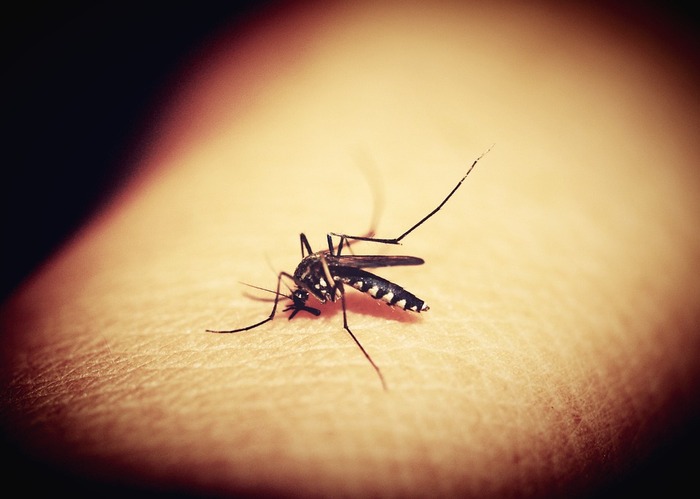In Italy, an increase in the risk and aggressiveness of climate-related infectious diseases is expected and in particular those caused by vectors such as mosquitoes, such as malaria, Dengue, Chikungunya fever, West Nile fever, as well as diseases transmitted by sandflies ( leishmaniasis) and ticks (Lyme disease, tick-borne encephalitis and human babesiosis). This was stated by the Italian Hygiene Society (Siti) which on the occasion of World Environment Day on June 5, launches an appeal for local and national governments to exploit the skills of highly qualified professionals in the light of environmental ‘threats’. It is necessary, the hygienists ask, to adopt a multidisciplinary and interprofessional approach in a One Health perspective, a health model that integrates different disciplines, based on the recognition that human, animal and ecosystem health are linked and mutually influence each other.
The Covid 19 pandemic – they underline – has accelerated this awareness, demonstrating how strong the connection between health and the environment is and how interdependent each system is. The changes in ecosystems, dictated by human activities, are able to influence multiple ways of transmitting infectious diseases, increasing the risk of new epidemics throughout the planet and increasingly changing the epidemiological panorama of some infectious diseases. Furthermore, Siti recalls, citing data from the National Research Council, that between 6% and 15% of the Italian population lives in territories exposed to severe or extreme drought. “It is essential to invest in infrastructure, in the cleaning of watercourses and in the restructuring of the water network, to reduce the risk of flooding – says Roberta Siliquini, president of Siti – These interventions prevent the accumulation of debris and favor a flow of natural water, protecting communities from flooding It is important that local and national governments leverage the expertise of highly qualified professionals, adopting a multidisciplinary and interprofessional approach from a One Health perspective. This allows us to obtain valuable indications to reduce the damage caused by environmental disasters”.
At the moment there are 20 viruses under special surveillance all over the world which are spreading rapidly and what is worrying are those arriving from Africa, but also from exotic countries. The focus is on Dengue, Zika, Chikungunya, and West Nile viruses, which are part of the arboviruses, a group of viruses that are transmitted to humans through mosquito bites. In Italy there have already been outbreaks in the past, especially in the summer of 2022 and, as temperatures rise, they risk spreading even more. But alongside these, the Marburg virus is also overwhelmingly making its way forward, spread above all between Tanzania and Equatorial Guinea, for which the WHO has already signaled the risk of a new pandemic, and Avian flu, with cases in Brazil, Chile, Ecuador and China. “We must not let our guard down.
“It is necessary to strengthen the pandemic plans”, he comments Fabrizio Pregliasco, medical director of the IRCCS Galeazzi Hospital. “It is true that the attention on the Marburg virus is very high – says Pregliasco who is also an associate professor of General and Applied Hygiene at the University of Milan – it causes a hemorrhagic fever with very high mortality, like Ebola. The virus is mutating quickly. The strains have lowered lethality but have acquired a greater diffusion capacity. This must warn us of a possible new epidemic. Attention is also high on Avian flu. The data on the disease spread among animals in Brazil has put the country’s government on alert. Before there were more limited outbreaks, now there are wider episodes. There is a fear that a new variant on humans may spread”.
